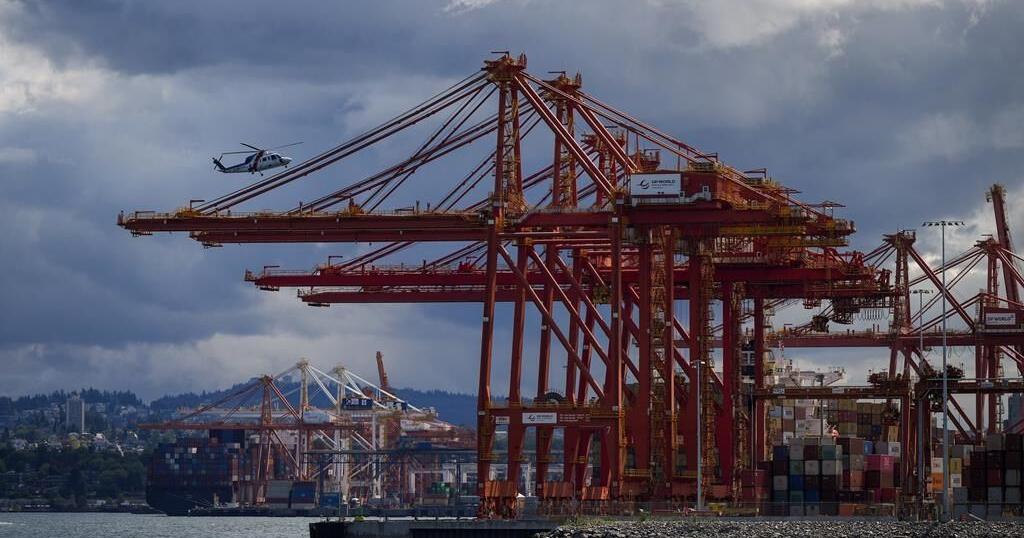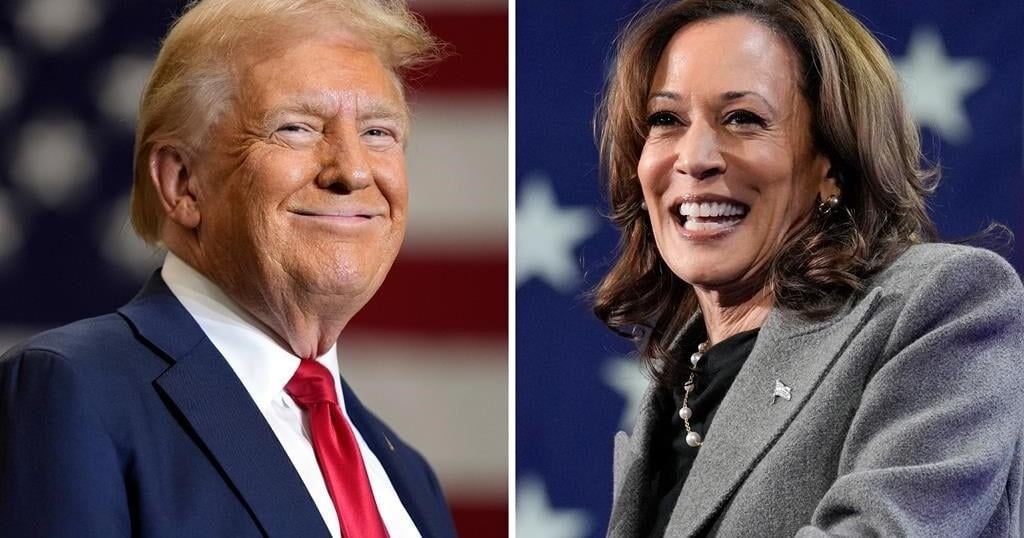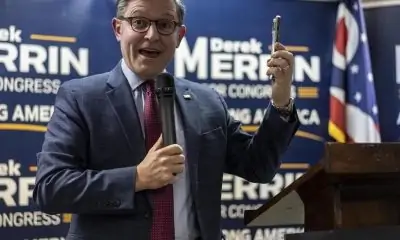HALIFAX – Tim Houston was wrapping up his election victory speech on Aug. 18, 2021, when Nova Scotia’s premier-designate repeated a pledge he had made many times during the campaign.
“For the next four years and beyond … I will promise you this: I will give you everything I have to fix health care,” he said, reaffirming the Progressive Conservatives’ singular focus on the hustings. “We can put Nova Scotia on the path to sustainability and fix our health-care system.”
Three years later, Houston has called an election for Nov. 26 knowing the contest could be a referendum on whether he has delivered on that lofty pledge.
Government data show the Tories made some progress during their first term, but fell far short of repairing a system beset by shortages of doctors and nurses, and long wait times for ambulance and emergency room services.
The province’s Need A Family Practice Registry — a key health-care indicator — was updated earlier this month for the first time since June when it reached a record 160,234 people without a family doctor or nurse practitioner.
While the latest figures pointed to a big improvement, with 145,114 people now on the registry, that number is far higher than in the spring of 2021, when there were half as many people on the list. And the latest numbers show that 16.2 per cent of Nova Scotians were still seeking a primary care provider, well above the government’s goal of five per cent, and the highest rate since the 2021-22 fiscal year.
Jennifer Benoit, provincial co-ordinator for the non-profit Nova Scotia Health Coalition, said significant gaps remain in the system, especially regarding emergency room wait times and closures.
“I think we are still in a health-care crisis,” Benoit said in an interview. “We need to have a focus that remains on fixing these things …. Since Mr. Houston has taken office, we’ve seen people dying in emergency rooms waiting for care.”
Between April 2022 and March 31, 2023, unscheduled closures of emergency rooms reached 41,923 hours, a 32 per cent increase from a year earlier, according to a government report released last December. Most of those closures were the result of a lack of staff.
Meanwhile, only 56 per cent of ambulance response times were within the government’s benchmark this year, down from 71 per cent in the summer of 2021. And 66 per cent of emergency room wait times fell within the government’s benchmark this year, up slightly from 65 per cent in the summer of 2021, but far from the province’s 90 per cent target.
While it’s true the number of doctors in the province continues to grow, the rate of climb has been outpaced by the province’s ballooning population and ongoing physician retirements and transfers. As a result, the number of doctors per 100,000 Nova Scotians has fallen from 124 in 2021 to 121 this year — again, short of the government’s goal, set at 135 doctors per 100,000 people.
As for registered nurses, Houston can boast about a three-year hiring blitz that has grown from 196 net new nurses recruited in 2021 to 692 recruited this year. Still, the vacancy rate for registered nursing jobs remains at 15.4 per cent, more than double the government’s target at seven per cent.
Meanwhile, the Liberals led by Zach Churchill have been running online ads with the tag line: “Tim Houston: All promises. No progress.”
And on Monday, the first full day of the campaign, the New Democrats held a news conference to draw attention to Houston’s “failure to address the health-care crisis.”
“Instead of fixing health care … Tim Houston is relying on quick Band-Aid solutions and pouring millions of public dollars into apps, tech deals and shady contracts,” NDP Leader Claudia Chender said in a statement.
Chender highlighted the case of Hogan Court, a half-finished hotel that the Houston government planned to transform into a health-care facility. Earlier this year, the province’s auditor general said the government failed to exercise due diligence when it invested about $46 million to buy and renovate the property.
“Meanwhile, Nova Scotians are still stuck with a patchwork of health-care options that are difficult to navigate,” Chender said.
Anticipating that kind of criticism, the Tory government spent $158,000 to distribute 480,000 pamphlets across the province earlier this month describing its latest health-care initiatives, including the province’s new YourHealthNS app andActionForHealth.ca website.
“We’ve made a lot of progress in the last three years,” Houston says in the publication. “But we can — and will — do more to get Nova Scotians the best possible health care.”
The publication boasts about the province hiring 300 doctors and specialists, as well as 2,000 nurses.
The government pamphlet also points to initiatives aimed at establishing a medical school in Cape Breton; increasing opportunities for nurse training; providing free tuition for paramedics; adding more long-term-care rooms; expanding a major hospital in Halifax; and fast-tracking accreditation for out-of-province doctors.
On the first day of the latest election campaign, Houston revealed his top reason for seeking a new mandate, but it wasn’t health care.
Instead, he said he wanted to implement a plan to improve affordability and housing. As well, he said he wanted to seek support from Nova Scotians for his ongoing battles with Prime Minister Justin Trudeau.
“Nova Scotia needs a government with a renewed, fresh mandate to stand up for our province,” he said. “Facing a political crisis … Prime Minister Trudeau has made a decision to try and save seats in Ontario and Quebec at the expense of places like Nova Scotia.”
Ten minutes into his 17-minute speech, the premier turned his attention to health care, and he confirmed the system is far from being fixed.
“We know there’s work to be done, but we have a record to build on,” he said before citing the accomplishments listed in the recent pamphlet. “Nova Scotia finally has a plan that is working.”
Benoit, whose advocacy group is mainly supported by public sector unions, said Houston’s government deserves credit for many of the investments made in health care.
“That is a step forward,” she said. “But we have not seen the quick fix that he promised during his last election campaign.”
This report by The Canadian Press was first published Nov. 2, 2024.

























